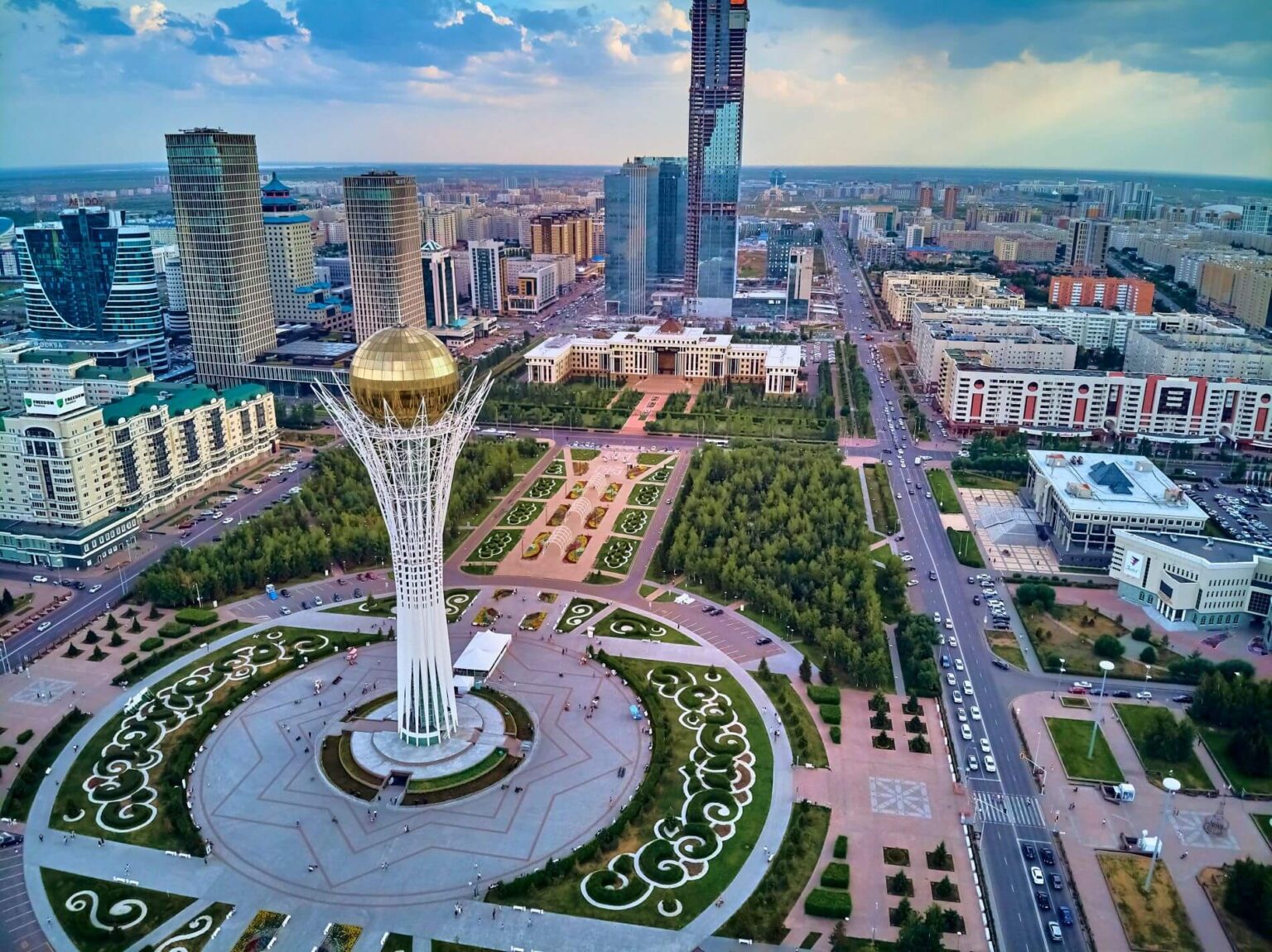Kazakhstan has become the latest country to embrace digital nomad visas with the launch of its first ever “Neo Nomad Visa”. The scheme, which is aimed at remote workers and freelancers, will enable Brits to live and work in the country for up to one year.
The move means Kazakhstan will be the first Central Asian country to open its doors to digital nomads and ensure that the country is “part of the travel map for modern nomads”, according to Minister of Tourism and Sports, Yerbol Myrzabossynov.
Announced by the Kazakhstan government five days ago, the visa programme is still in its early days. Below, we’ll explain what we know so far, including the rules on eligibility.
What do we know about the Kazakhstan Neo Nomad Visa?
Over 50 countries now offer official digital nomad visas including Italy, Japan, and Thailand. Eligibility is similar across countries, although income requirements will typically differ depending on the country’s GDP. For Kazakhstan, applicants must:
- Earn a stable income of at least $3,000 (around £2,300) per month
- Have health insurance
- Not have a criminal record
- Work remotely for a foreign employer that is not based in Kazakhstan
In a post shared from the Instagram account of the Ministry of Tourism and Sports of the Republic of Kazakhstan, the department lists a wide range of industries that applicants can work in including programming, marketing, finance, consulting, design and ecommerce.
How can you apply?
Brits can apply for a visa from the Kazakhstan government’s visa website. There is the option to submit an e-visa via the portal, which means you won’t need to fill out paper forms or visit the Kazakh embassy in central London.
It is unclear how much the service will cost. However, the country charges $60 for tourist visa applicants and $80 for businesses, so expect the application fee to be in that ballpark.
Kazakhstan is estimating that around 500 people will apply to receive a visa per year, for an economic impact of around 3.6 billion Kazakhstani tenge, or £5.6 million.
Why would you want to work remotely in Kazakhstan?
Currently, the most popular digital nomad destination for wanderlusting Brits is Spain. But for those who want to see a world beyond European beach resorts, Kazakhstan provides a very different culture and landscape for remote workers to explore.
The world’s largest landlocked country, it is one of the oldest nomad cultures with Turkic nomads having entered the region from as early as the sixth century. It was also one of the key destinations on the Steppe route, a precursor to the Silk Road.
From the peaks of the Tian Shan mountain range, to the miraculous Lake Balkhash that’s one half salt water, one half freshwater (also a hotspot for beach tourism), Kazakhstan is a vast country with grassland and sandy regions abound.
For those who don’t want to work in a Kazakh yurt, there’s also the cities of Almaty and Astan which both offer a maze of eccentric architecture and coffee shops with power outlets.
It’s not a path to citizenship
It is currently unclear whether Kazakhstan will allow families to apply for the digital nomad visa. LGBTQ+ applicants who are considering bringing their spouses should be aware that Kazakhstan does not recognise same-sex marriage or civil unions.
That said, remote workers shouldn’t view the country as a potential forever home. Unlike countries like Portugal, which allows nomads to apply for permanent residence and Portuguese citizenship after five years, Kazakhstan is stricter on citizenship.
Almost uniquely, Kazakhstan does not allow residents to apply for dual nationality. If any Kazakh is found to have multiple passports they are fined and stripped of their citizenship.
Applicants therefore should view the visa as just a chance to work and live in one of the most fascinating and underexplored countries in the world. No biggie.
“[The digital nomad population] is over 35 million in the world,” added Myrzabossynov. “We intend to do everything possible to attract them back to our country.”
Want the digital nomad lifestyle, but not sure where to start? Read our full guide on how to become a digital nomad.




